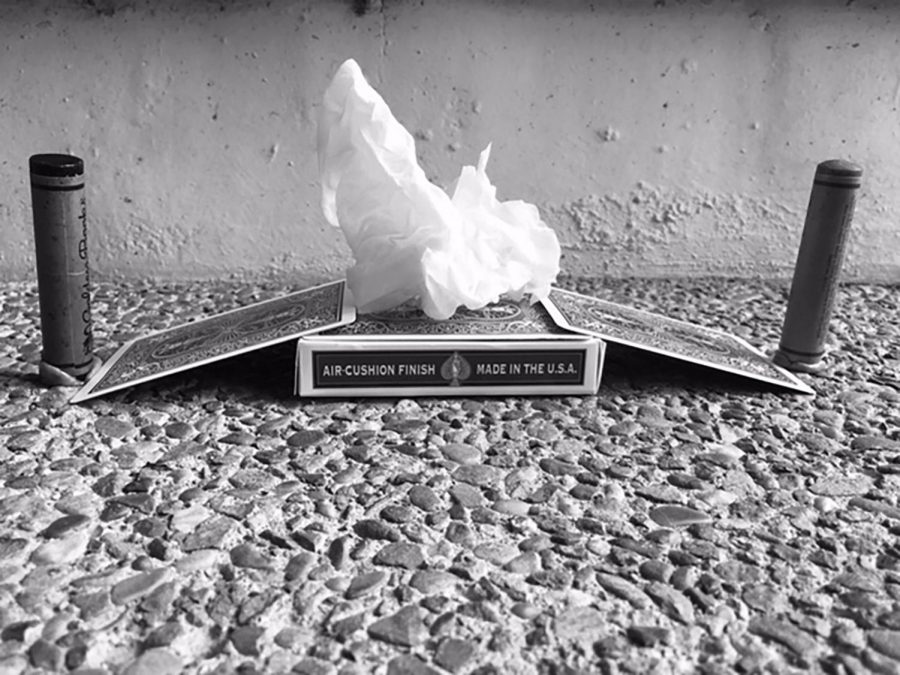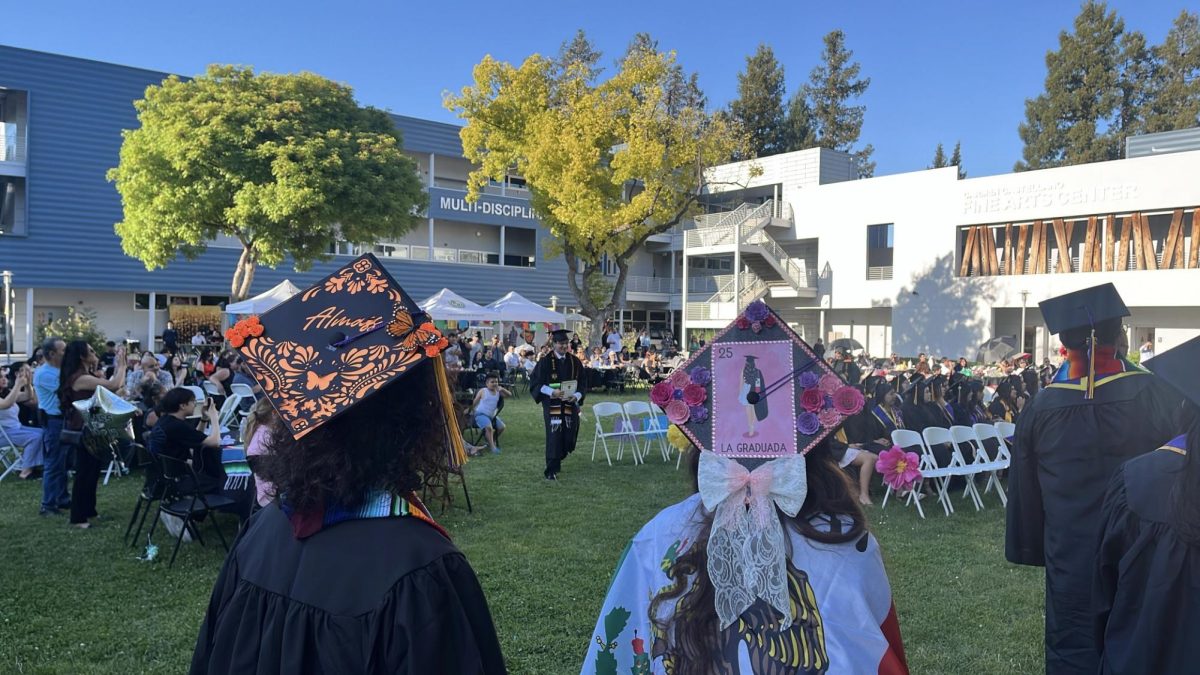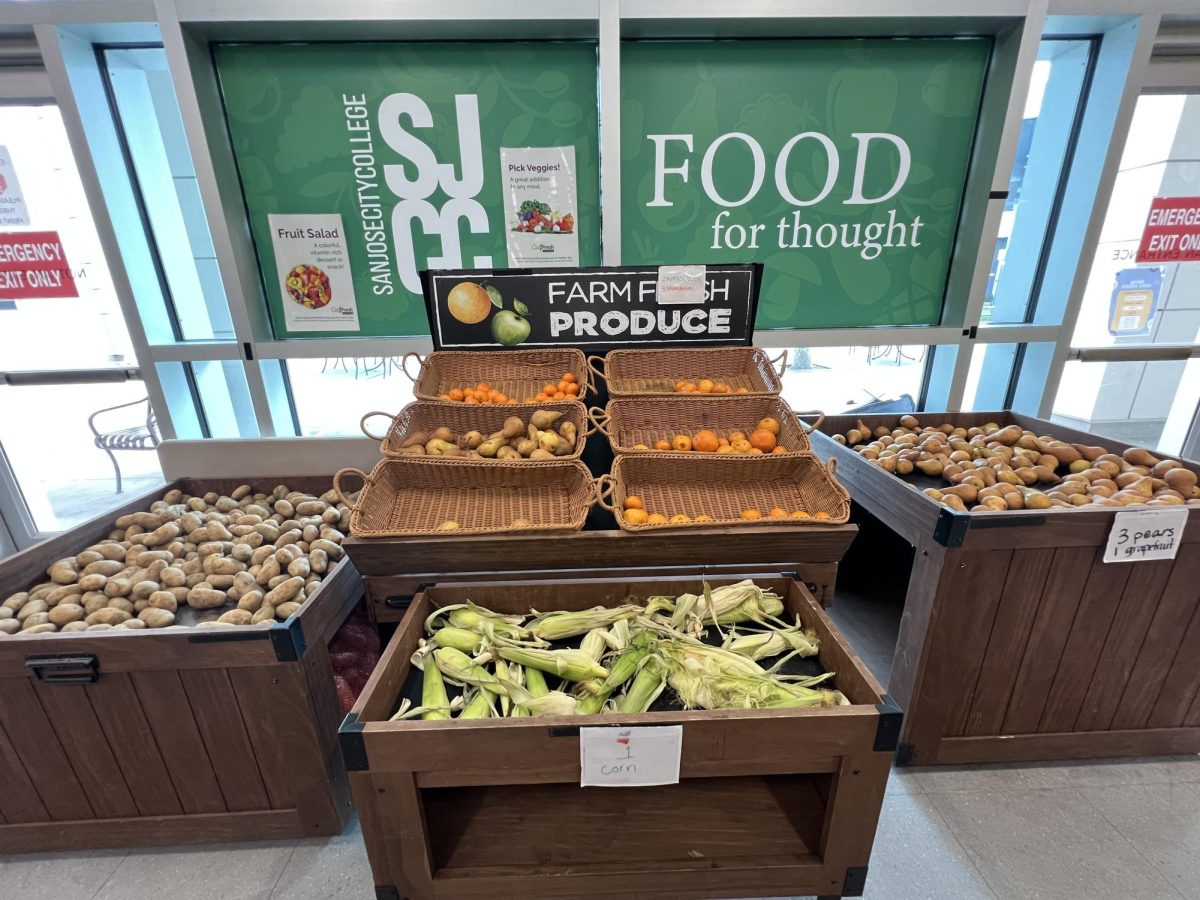BY KRISSY TOBEY
TIMES STAFF
“Just because he’s got boogers, doesn’t mean he doesn’t also have a point.”
I didn’t teach it to him. I didn’t think he knew that word. In the shock of the moment, my 5-year- old son did what all 5-year-olds do, and repeated himself:
“Mommy, you misunderstood me.” …
I tried to hide the shock on my face, and counted syllables in my head. Mis-un-der-stood: one-two- three-four.
Big word, for a 5-year-old. But bigger still, because I had never used it.
As children, we learn each word one by one. It’s our job as parents to teach our kids what the words mean, how to use them, and ultimately, how to communicate effectively.
My son learned “misunderstood” at his Montessori preschool. Every year, the children, ages 3 to 6, practice public peacekeeping. When they bicker, they go to the Peace Table. They take turns talking, voice their perspectives,
use “feeling” words, and when they come to an understanding, they ring a bell to let the classroom know that peace has been made. They do this by themselves, without teacher intervention.
That’s not the astonishing part, though. They get to take the teachers to the table!
Toddlers learn to see the person who inhabits the title of “teacher” as a fallible human being, and not simply an authority figure.
This is not the way I was raised. My parents were soldiers. They gave orders, and I did what I was told or there was corporal punishment.
But my husband and I had chosen not to hit our child. Unfortunately, I didn’t know any other way to get a child to behave himself, so in my frustration, I had taken to yelling (instead of hitting) for noncompliance. Until that day, the notion of separating me from my title of “mother” was completely foreign.
Misunderstood … The ability to disagree peacefully is a useful skill, but one that I had not taught my child. No one had ever modeled it for me.
What a revelation. I stared at this little grown-up person and felt more shame in that moment than I ever had.
I thought, “Wait a minute. Aren’t I supposed to be the adult? I’m the parent! Isn’t it
my job to tell him when he’s wrong? Get him to do what I say instantly without questioning me or defying my authority? Who- is-he?! to tell me what I don’t understand? He’s a child! he’s short! and whiny! and I can see his boogers!!”
… But there he was, five years old and more grown-up than me, calmly staring my irrational anger in the face and waiting … What was I supposed to do, apologize?
Wait a minute …
A-po-lo-gize: Four. A grown- up word …
I blinked. I sighed. I sprang mental backflips and tried to find a way NOT to apologize to my child for being … childish. But in that moment, he had the upper hand, despite his boogers, and despite being 30 years younger than me.
I had birthed a consciousness, not a clone. It took a moment more, but I finally learned the meaning of the word hu-mi-li-ty.
Growth can’t happen without friction. Irritation is an opportunity for growth, and I hadn’t realized that. I wasn’t looking to grow that day. It took someone completely unlike myself to help me realize that I needed to, when I was wholly reluctant and self-righteous.
I am not the greatest. I make mistakes. I was a poor leader. I was quick to anger and quicker to judge. A better example
of how to be grown-up came from someone that I thought was inferior, but whose virtues I hadn’t examined closely. Smallness of stature does not diminish bigness of heart.
In other words, just because he’s got boogers, doesn’t mean he doesn’t also have a point.
If more of us would stop sorting our friends according
to our similarities and instead, seek out our differences; if we press pause on our pride and self righteousness and acknowledge the reality of our ignorance; if we embrace our irritations and make peace in public with someone
we think it’s impossible to learn from; then we could build bridges instead of walls, hold hands instead of phones, and give our conflicts the chance to become a grown-up word …
For-giv-a-ble.







